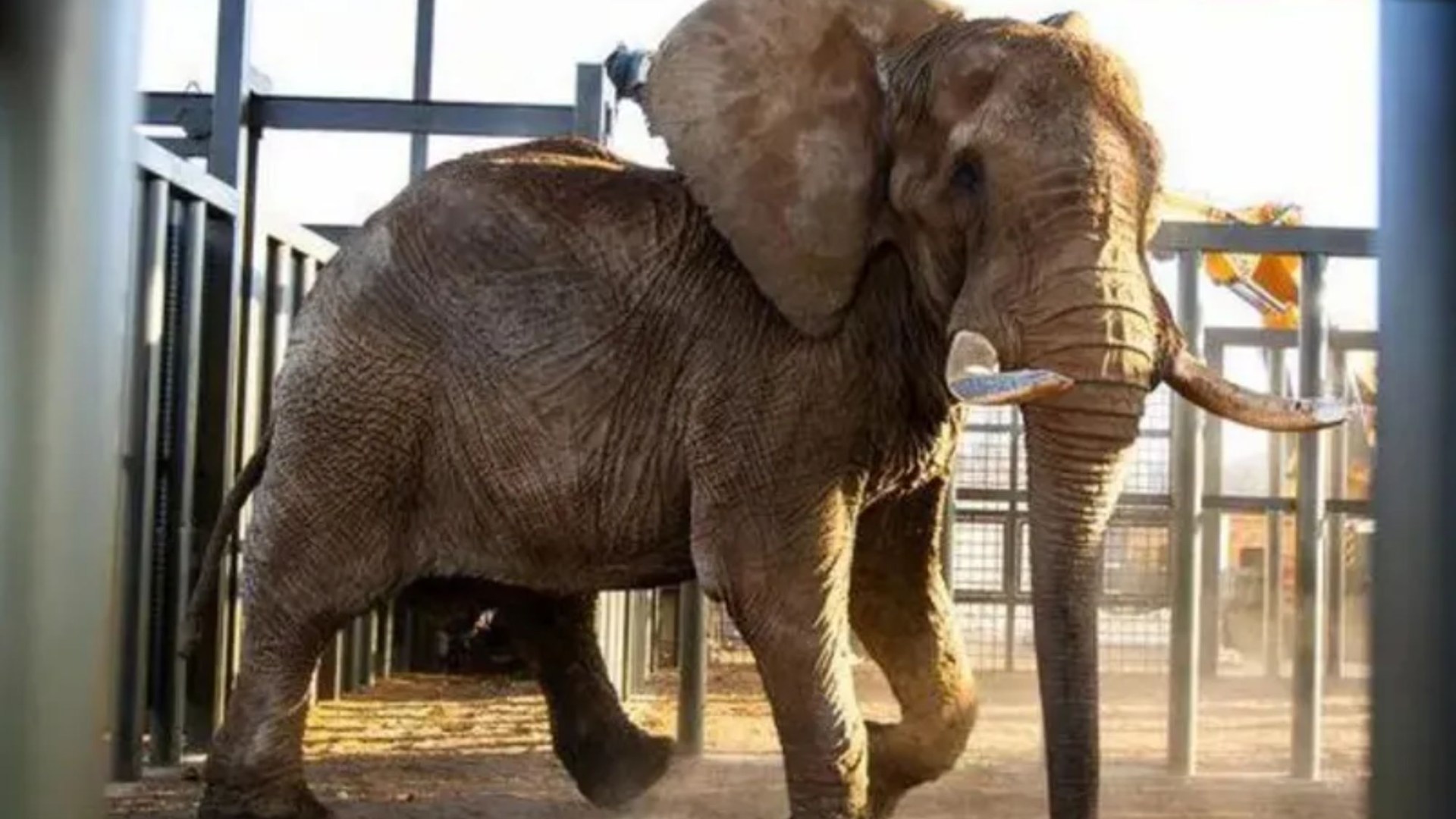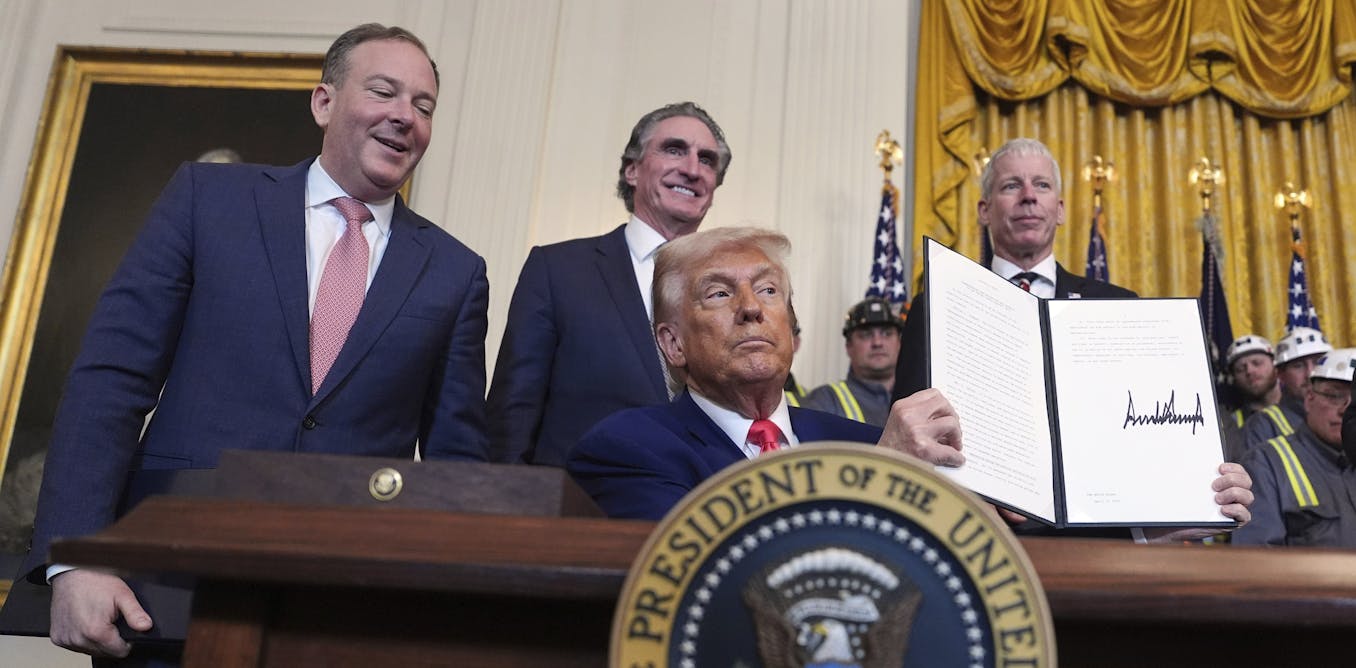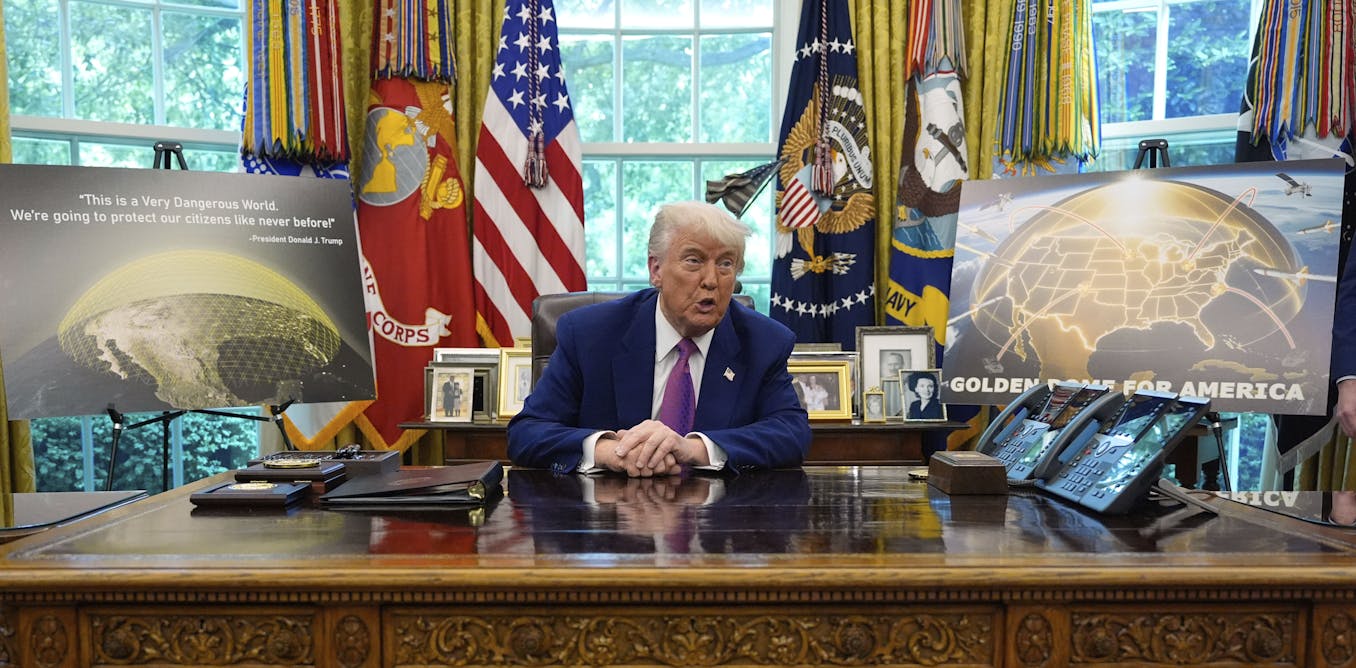THE world’s unhappiest elephant who was cruelly captured as a baby to perform circus tricks 40 years ago has finally been set free.
Charlie was caught in Zimbabwe’s Hwange National Park in 1984 and became sad when he watched his own calf and friends die in a South African zoo.
4

4
After a stint performing at Boswell Wilkie Circus, he was transferred to the national zoo in the early noughties as their only confined elephant.
Here he was forced to watch his own calf and four friends die which an animal rights organisation claim distressed him.
South Africa’s EMS Foundation negotiated for years to free the animal, who is now in safe hands at the Shambala Private Reserve.
The elephant’s new home is a 10,000-hectare reserve is a far cry away from his zoo live four hours away in Pretoria.
The EMS cited conditions at the National Zoological Garden of South Africa as cause for concern – witnessing his own child aged under a month die before his eyes, reports the BBC.
The EMS say this was bad for his health and showed the South African government evidence to suggest elephants suffer in zoos.
They said: “Our dream is that at his own pace, Charlie will learn to be the elephant he was always meant to be.
“Soon he will meet up and integrate into the existing elephant community on Shambala.”
Charlie, 42, is said to have shown signs of distress back in 2019 with signs commonly associated with animals that are held in captivity.
The South African National Biodiversity Institute, who run the zoo, claims his circus past explains his distressed behaviour but the EMS say this is “inaccurate”.
Four Paws, an international animal welfare organisation said his “retirement was an important milestone for Charlie but also for better animal welfare in South Africa”.
Their CEO said: “Together with our partners, we have been working tirelessly to end the loneliness of Charlie to see him thrive in his new species appropriate home.”
The Shambala Private Reserve is known to effectively reintegrate animals back into the wild.
He’ll be closely monitored by vets and animal behaviour experts.
Dr Amir Khalil, a vet involved in his transfer told the BBC that “there is always a chance of recovery” after the trauma of being captured.
He was positive about Charlie’s progress and stressed that the elephant was born in the wild and raised there for two years.
Dr Khalil added that he was “very excited to hear other elephants from far away” and befriended them shortly after.
Megan Carr, EMS senior researcher for Lead Elephant Projects, told a local outlet: “Shambala is the best possible location for Charlie.
“World-renowned experts have been appointed and are on standby to relocate Charlie from the National Zoo to the reserve in Limpopo.
“A state-of-the-art release and rehabilitation unit has been designed which caters for Charlie’s every need and will provide for a successful slow release into a natural environment.”

4

4




